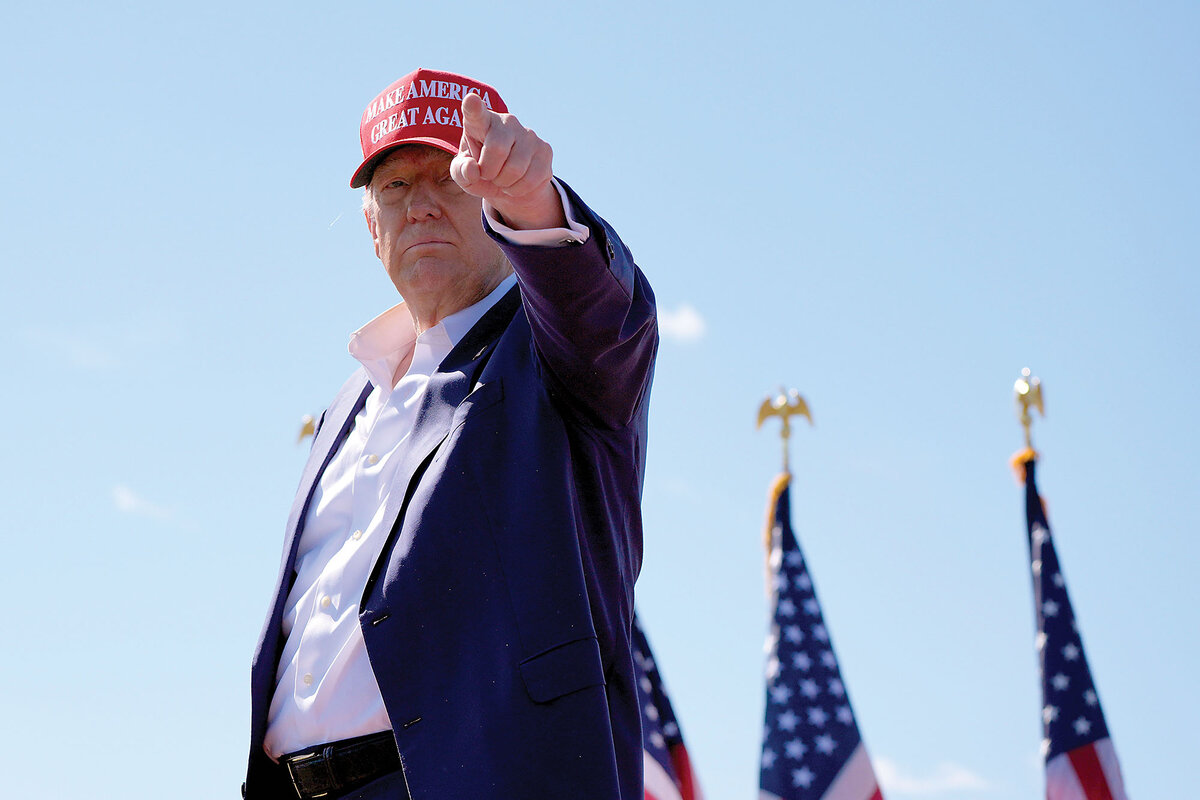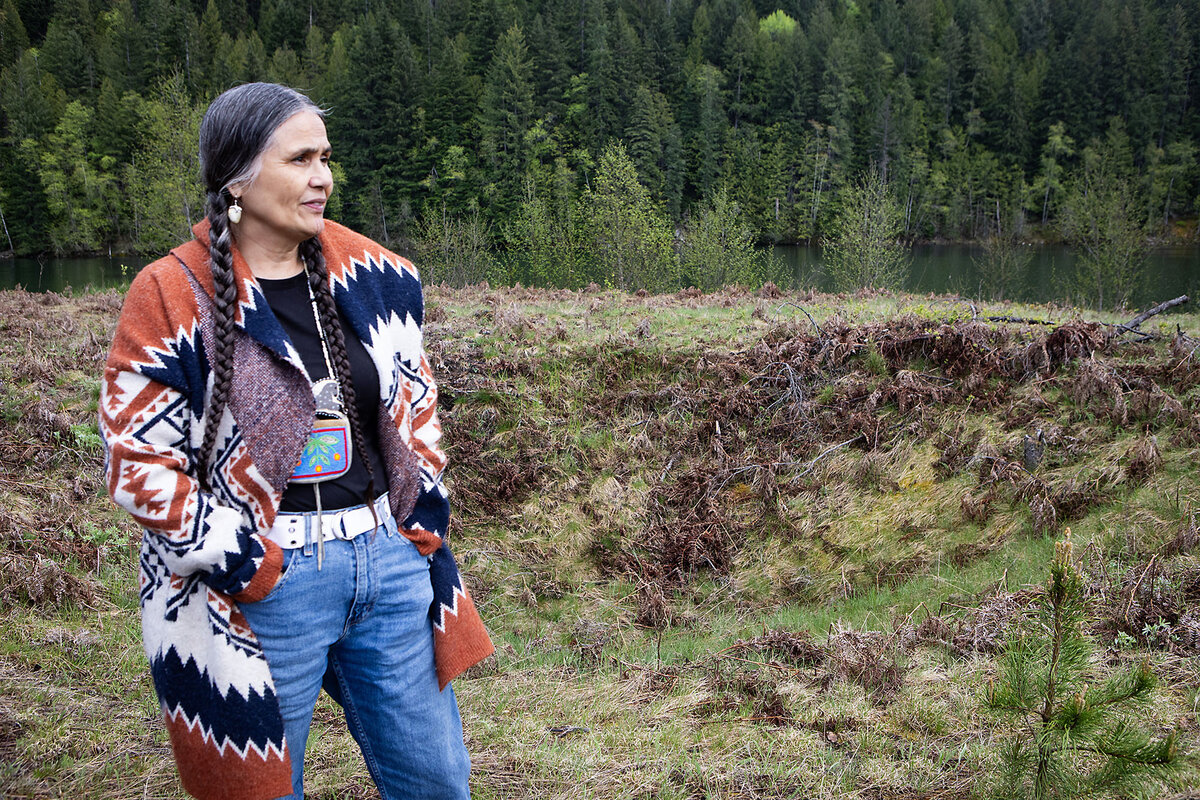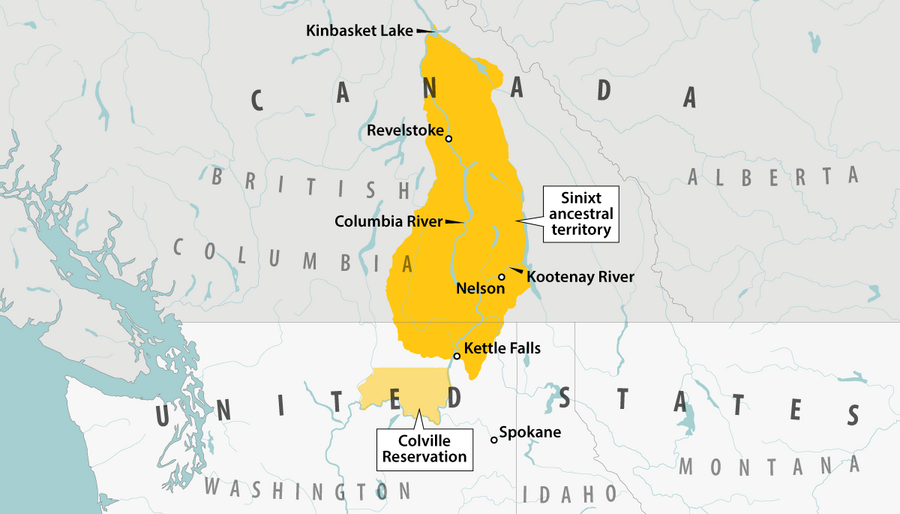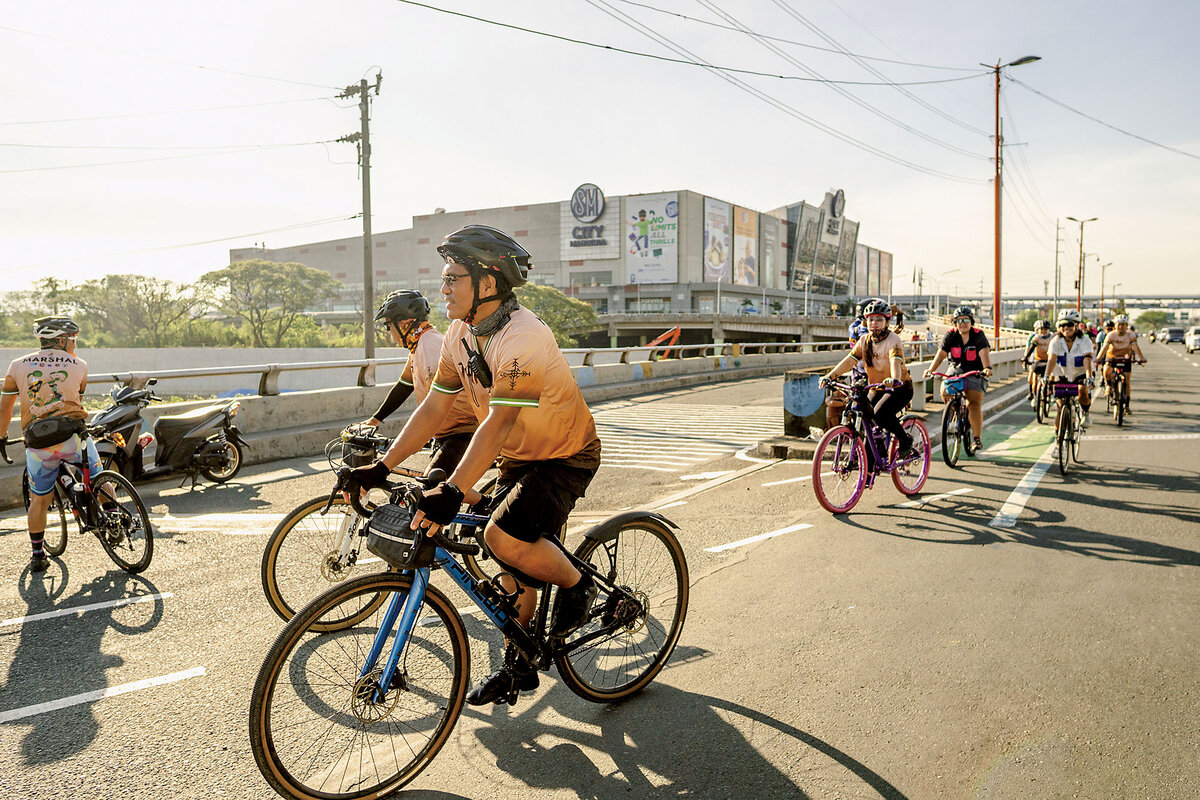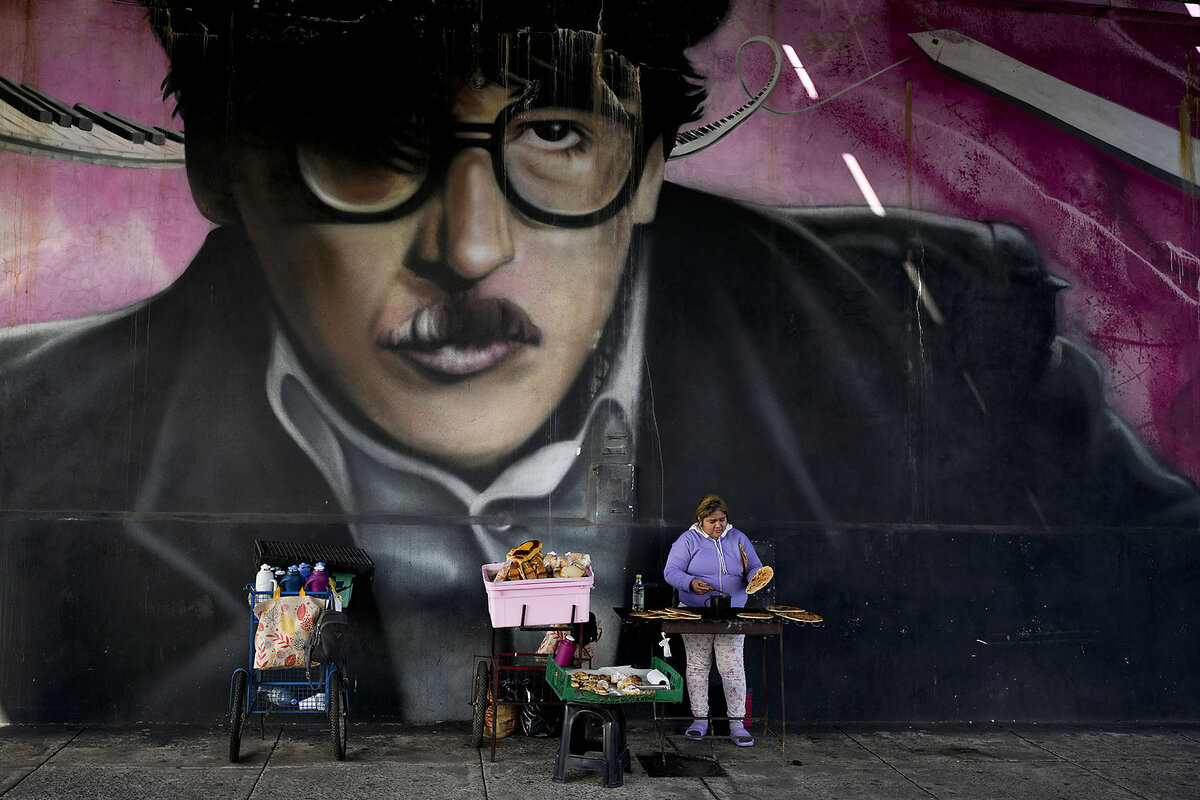Presidential candidates make many promises that never come to fruition. So we looked at what Donald Trump actually prioritized and achieved during his four years in office, for a sense of how he might govern again. Tomorrow we’ll explore the same question about his Democratic opponent, Kamala Harris.

Why is Christian Science in our name?
Our name is about honesty. The Monitor is owned by The Christian Science Church, and we’ve always been transparent about that.
The Church publishes the Monitor because it sees good journalism as vital to progress in the world. Since 1908, we’ve aimed “to injure no man, but to bless all mankind,” as our founder, Mary Baker Eddy, put it.
Here, you’ll find award-winning journalism not driven by commercial influences – a news organization that takes seriously its mission to uplift the world by seeking solutions and finding reasons for credible hope.
Explore values journalism About usMonitor Daily Podcast
- Follow us:
- Apple Podcasts
- Spotify
- RSS Feed
- Download
 Mark Sappenfield
Mark Sappenfield
One comment I often hear is: Just give us the facts.
Today’s lead story provides just the facts on American presidential candidate Donald Trump, with fellow candidate Kamala Harris appearing tomorrow. The idea is to examine their political records to give you a sense of how they might govern, beyond the rhetoric.
If you’re interested in a deeper dive on how the current political environment is shaping our view of facts, please check out my column.
Help fund Monitor journalism for $11/ month
Already a subscriber? Login

Monitor journalism changes lives because we open that too-small box that most people think they live in. We believe news can and should expand a sense of identity and possibility beyond narrow conventional expectations.
Our work isn't possible without your support.
Today's stories
And why we wrote them
A deeper look
( 11 min. read )
Today’s news briefs
• Smartphones in California schools: California Gov. Gavin Newsom signs a bill that requires schools to limit or ban the use of smartphones.
• United Nations summit: World leaders open their annual meeting at the U.N. General Assembly under the shadow of increasing global divisions.
• California sues ExxonMobil: The lawsuits allege ExxonMobil misled the public through statements and marketing campaigns that promised recycling would address the global plastics pollution crisis.
• Martinique protests: The French government sends an anti-riot police unit to Martinique, where it had been banned since 1959. Peaceful protests against the high cost of living have continued despite the government barring demonstrations on parts of the island.
• Last Kmart box store: The retail giant is shuttering its last full-scale store in the mainland United States, in Bridgehampton, New York, on Oct. 20.
( 4 min. read )
Israel’s unusually heavy bombardment of Hezbollah positions in Lebanon puts militia leader Hassan Nasrallah in an awkward spot, balancing his credibility with his desire to avoid full-scale war.
( 6 min. read )
When a country recognizes the rights of peoples to use their ancestral territory but they live in a different country, it raises tricky questions around access and sovereignty. That’s just what’s happening in Canada with the Sinixt Confederacy.
( 8 min. read )
Welcoming refugees has long been an American tradition. Resettlement has rebounded under the Biden administration, with American citizens lending a hand.
Difference-maker
( 5 min. read )
Road congestion exacerbates pollution in metro Manila. For 25 years, this group has worked to get more cyclists on the streets.
The Monitor's View
( 2 min. read )
Headlines can capture events. Yet trends often give them meaning. In South Asia, a series of recent political events has suddenly changed the region from being low in democratic values, as one think tank put it, to possibly enjoying a “South Asian Spring.”
In India, for example, voters broke a decade of one-party rule in elections earlier this year. Protests in Bangladesh ousted an autocrat in August and relaunched democracy. In the disputed region of Jammu and Kashmir between India and Pakistan, residents are casting ballots this week for the first time since 2014.
Now it is Sri Lanka’s turn. On Sunday, voters in the island nation rejected the established parties and elected a former Marxist as president, marking the first leftist government in the country’s history.
And in a victory for a peaceful transfer of power, the defeated incumbent, Ranil Wickremesinghe, gracefully bowed out. “With much love and respect for this beloved nation,” he said, “I hand over its future to the new president.”
What may bind voters across the region are rising concerns about basic economic issues, corruption, and the rule of law. The desire for change, noted Swasthika Arulingam, a Sri Lankan human rights lawyer, reflects a shift from political consciousness based on ethnic identity to equality and accountability for all.
“Political parties and candidates can no longer come and say whatever they want,” she told The Associated Press. “People are asking questions now.”
Sri Lanka’s new president, Anura Kumara Dissanayake, has promised more of a course adjustment than of major disruption. The country is still reeling from an economic crisis that erupted two years ago. He has vowed to uproot a culture of graft and impunity in government. His former passions as an insurgent have cooled after a quarter century in Parliament. While he seeks to ease the impact of economic reforms on poor people, he pledges continued cooperation with austerity-minded international lenders.
One signal from him may matter more than others. “We will work hard to rebuild the trust that people have lost in politics,” Mr. Dissanayake said in his inauguration speech. He also promised to rebuild the nation “in unity and cooperation.”
A similar humility in listening to the people is reshaping democracy in Bangladesh, where famed economist Muhammad Yunus was appointed to steer a transitional government. “In times of great difficulty, it is crucial to be patient,” the Nobel Peace Prize laureate said. “We are one family. We have one goal.”
The election in Sri Lanka has ushered in what may be a peaceful transformation of politics and economics. Yet as in much of South Asia, voters have shifted their expectations, demanding honesty and responsiveness in their leaders.
A Christian Science Perspective
Each weekday, the Monitor includes one clearly labeled religious article offering spiritual insight on contemporary issues, including the news. The publication – in its various forms – is produced for anyone who cares about the progress of the human endeavor around the world and seeks news reported with compassion, intelligence, and an essentially constructive lens. For many, that caring has religious roots. For many, it does not. The Monitor has always embraced both audiences. The Monitor is owned by a church – The First Church of Christ, Scientist, in Boston – whose founder was concerned with both the state of the world and the quality of available news.
( 3 min. read )
An understanding of how God cares for each of us enables us to exchange worries for real peace of mind, as a parent of three has been finding.
Viewfinder
A look ahead
We’re so glad you could join us today. We hope you’ll come back tomorrow for Dina Kraft’s portrait of an organization bringing Jewish and Palestinian Israelis together to demand an end to the war in Gaza. It sees itself as offering a new way of being Israeli.



